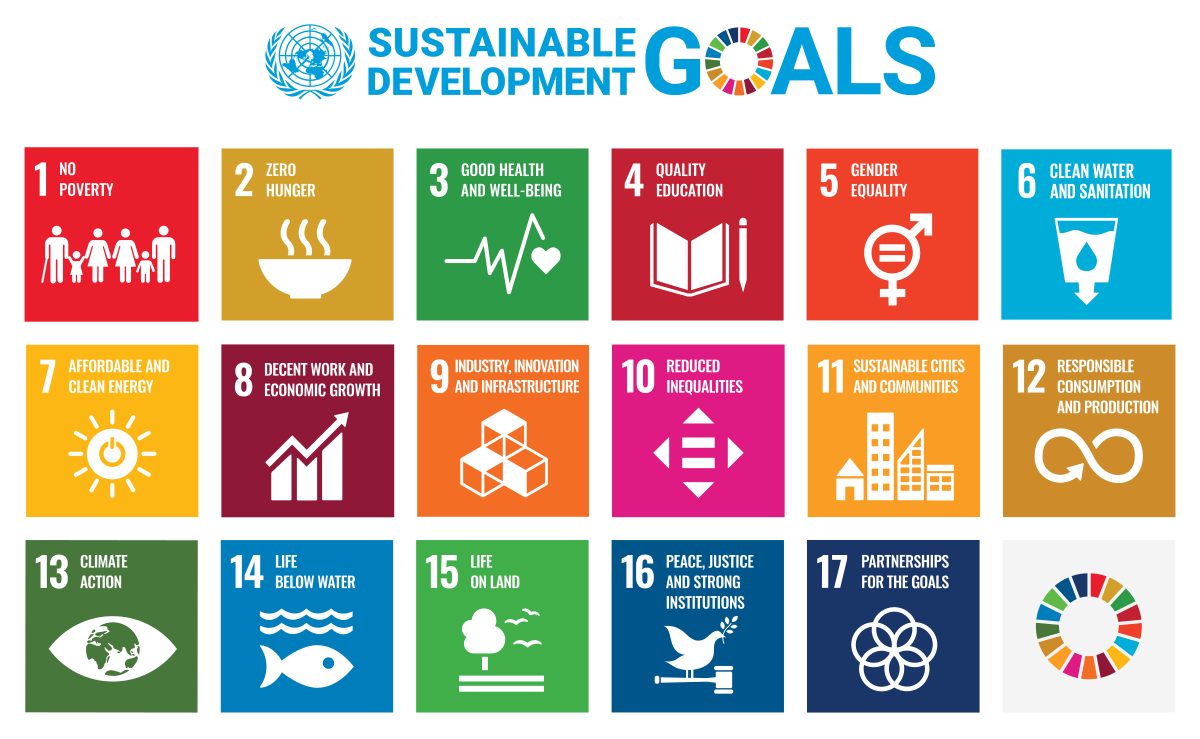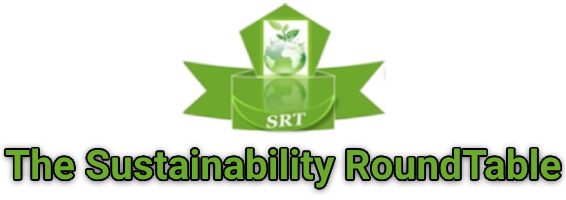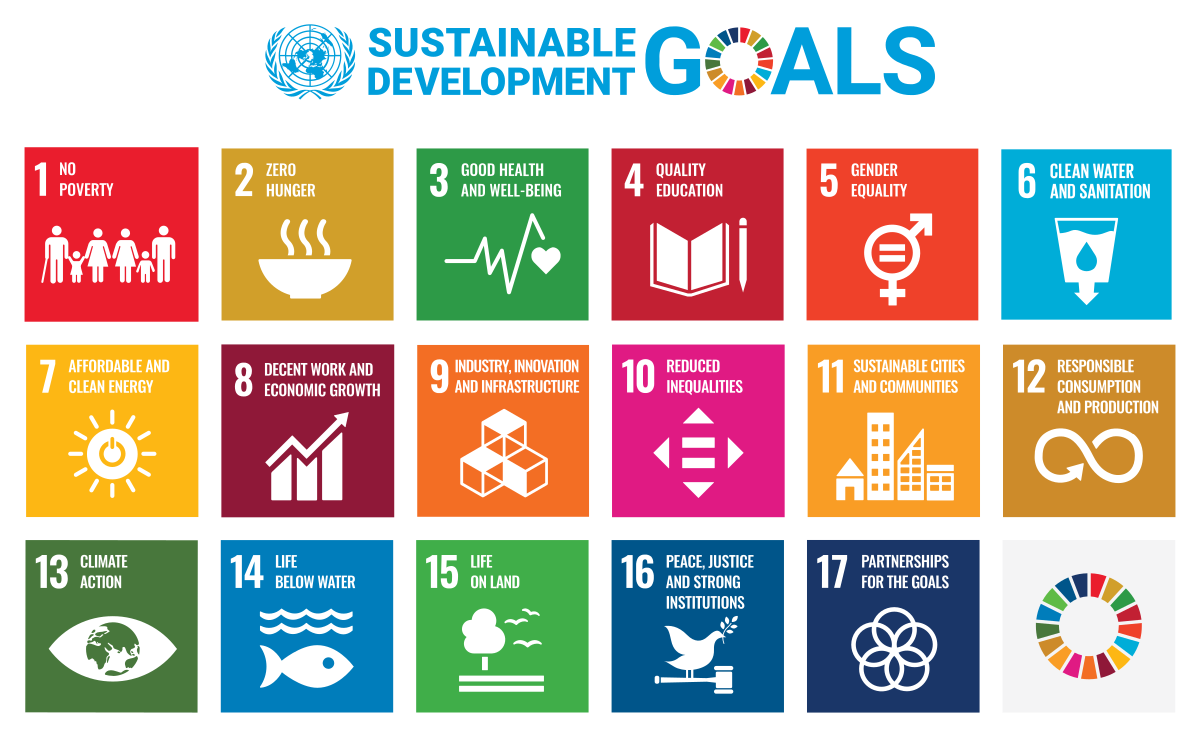Bridging the Growing Misunderstanding of the Sustainability Concept in Nigeria’s Pursuit of a Resilient Future
In the dynamic landscape of Nigeria, the concept of sustainability remains a misunderstood and often elusive idea, both among citizens and leaders. This report delves into the intricacies surrounding the misinterpretation of sustainability in Nigeria, highlighting the critical link between global, economic, environmental, and social sustainability. As the nation grapples with a myriad of challenges, a comprehensive understanding of sustainability emerges as a beacon for a secure and prosperous future.
Global Sustainability and the 2030 Agenda: Global sustainability, rooted in meeting present needs without compromising future generations, is a universal call to action. The 2030 Agenda for Sustainable Development, with its 17 Sustainable Development Goals (SDGs), provides a roadmap for all nations, emphasizing the interconnected nature of poverty alleviation, health improvement, education, and environmental preservation. Recognizing these goals as a global partnership is pivotal for Nigeria’s development.
Economic Sustainability and the Diversification Imperative: Economic sustainability stands as the cornerstone of Nigeria’s progress. Economic diversification, a strategy to reduce reliance on oil, demands immediate attention. Encouraging entrepreneurship and supporting small and medium-sized enterprises (SMEs) becomes a catalyst for economic diversification. The government’s role is crucial, requiring investments in infrastructure, incentives for innovation, and promotion of sustainable agriculture to bolster the non-oil sector. The result is not only economic growth but the creation of job opportunities and poverty reduction.
Environmental Sustainability Challenges: Nigeria grapples with significant environmental challenges—deforestation, desertification, water scarcity, pollution, and climate change. Rampant deforestation, a consequence of irresponsible logging, leads to biodiversity loss and heightened carbon emissions. The PWC 2021 Nigeria Sustainability Outlook underscores the necessity for progressive policies in pollution control, highlighting alternative energy sources, emission inspections, and stringent environmental regulations as imperative measures.
Social Sustainability Imperatives: Social sustainability emerges as a crucial facet requiring attention. Nigeria faces challenges related to poverty, inequality, education, healthcare, and gender equality. The call for social inclusivity necessitates investments in social infrastructure, particularly in underserved areas. Programs supporting women’s empowerment and gender equality foster social cohesion and reduce disparities, ensuring equal opportunities for all citizens.
In conclusion: As Nigeria stands at the crossroads of development, understanding and embracing sustainability in all its dimensions is imperative. Bridging the gap of misunderstanding requires a collective effort, from citizens to leaders. The intricate tapestry of global, economic, environmental, and social sustainability forms the blueprint for a resilient future. The report underscores the urgency for informed decisions, policy changes, and a commitment to balance the immediate needs with the aspirations of future generations. The journey toward sustainability is a shared responsibility, shaping the destiny of Nigeria for generations to come.


Leave a Reply